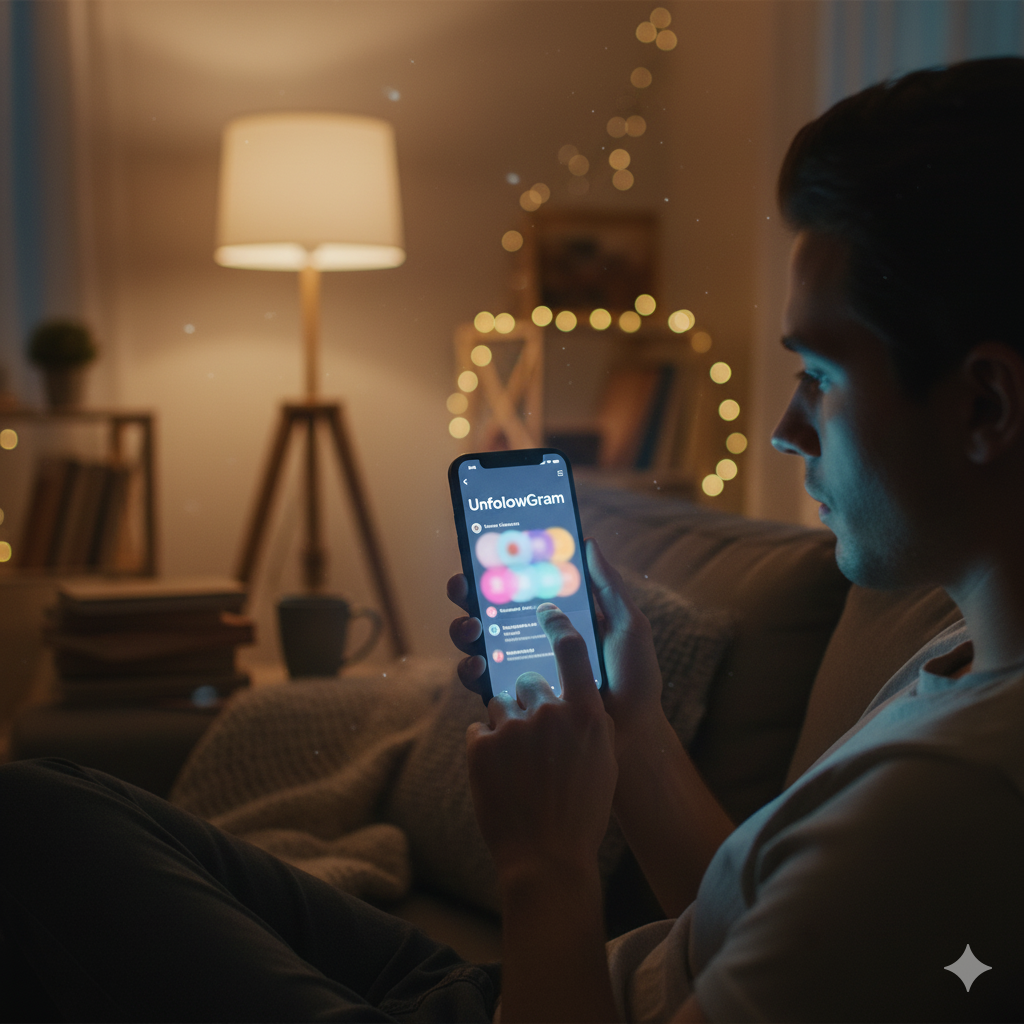You’ve probably noticed it by now. Somewhere between a Reddit thread and a TikTok comment, someone mentions “Picuki” like it’s some secret back door into Instagram. People talk about it with the same curiosity they used to have when they first found out you could check who unfollowed you.
And that’s exactly what Picuki taps into. Curiosity.
Everyone’s been on Instagram long enough to feel a little burned out by it. Too much noise, too many ads, too many ways to be tracked. Picuki feels like the opposite of that, a quiet little space where you can look around without being seen.
Let’s dig into what it actually does, why it’s everywhere right now, and whether it’s as private as people think.
What Is Picuki and Why Has It Become So Popular?
At its simplest, Picuki is an online Instagram viewer. You type in any public username, and you can browse that person’s photos, stories, or tagged posts without logging in. No account, no app, no data trail.
It works by pulling what’s already public on Instagram and displaying it in a clean, ad-free layout. Think of it like looking through a shop window instead of walking inside.
It’s gotten popular for a few simple reasons:
- No login required. You don’t risk your password or trigger “suspicious login” warnings.
- Anonymous viewing. You can check stories or posts without showing up on the viewer list.
- Free downloads. You can save photos or videos to your device, watermark-free.
- Hashtag and location search. Great for finding trends, content ideas, or travel spots.
If you’re curious to test how it actually works or explore its limits, check the Picuki Viewer guide, which explains exactly what these anonymous viewers can and can’t do.
The Rise of Tools Like UnfollowGram
Picuki isn’t the only one making noise. There’s also a whole category of apps focused on Instagram analytics and follower tracking.
While Picuki lets you view content anonymously, UnfollowGram goes one step further by helping users analyze their own accounts. It shows who unfollowed you, who doesn’t follow back, and how your engagement changes over time.
It’s a more practical choice for people who actually use Instagram to grow something, whether that’s a personal brand, a small business, or just a better-curated feed.
If you want a quick, safe option to track your own audience, try the Unfollowers app on iOS. It’s part of the same ecosystem and gives you private insights without messing with Instagram’s terms of use.
Both tools serve different instincts:
- Picuki feeds curiosity, the quiet side of social media.
- UnfollowGram feeds control, helping you see what’s really going on with your followers.
Is Picuki Actually Safe to Use?
Here’s the short answer: yes, mostly.
Picuki doesn’t require a login, so your data isn’t at risk. You’re not giving away any passwords or tokens. What you see there is already public, just displayed in a more user-friendly way.
That said, there are still things to keep in mind:
- Stick to the official site. Fake clones pop up often and try to steal data.
- Never upload content or personal info. Picuki is for viewing, not sharing.
- Don’t use it to repost someone else’s photos without permission.
Privacy online isn’t about never looking, it’s about looking responsibly
Why People Actually Use Picuki
For a lot of people, it’s not even about snooping. It’s about freedom.
Instagram keeps tightening control, constantly asking users to log in, verify, or connect more data. Picuki feels refreshing because it removes all that friction.
Some people use it to check public event photos, others for research or content ideas. Marketers peek at trends and hashtag engagement. Students save aesthetic photos for projects. Even journalists use it to verify posts without interacting directly.
It’s not so much rebellion as it is curiosity, the quiet kind that still wants to see the world without always being seen.
Common Problems People Have With Picuki
Like anything online, it’s not perfect.
Here’s what most users run into:
- The site doesn’t load. Usually too much traffic or server downtime. Waiting an hour usually fixes it.
- Profile not found. Either the username’s misspelled or it’s a private account.
- Download button not working. Refresh, or use a different browser.
When that happens, you can use alternatives like Dumpor or Inflact, which work almost the same way. They’re basically backup mirrors of the same type of viewer.
What Makes Picuki Different From Other Instagram Viewers
A lot of sites claim to do what Picuki does, but few are as simple or as clean. No pop-ups, no fake “login to continue” screens, no dark ads asking for your account credentials.
That simplicity is what’s kept people talking about it. It doesn’t try to be a full app, it just does one thing well: show you what’s public, fast.
It’s kind of funny how refreshing that feels in 2025, when everything online seems to want your data before you even scroll.
The Ethical Side of It All
It’s worth saying out loud. Just because you can view something anonymously doesn’t mean you always should.
Picuki is fine for public data, research, or inspiration. But crossing into private accounts or reusing someone’s content without credit isn’t just bad form, it’s wrong.
Use it like a digital museum. Look, appreciate, learn, but don’t touch what’s not yours.
The Bigger Picture
Picuki’s rise says a lot about where social media is heading. People want the beauty and creativity of platforms like Instagram, but without the constant exposure. They want privacy, not performance.
That’s why tools like UnfollowGram also stand out. They give people control again, whether it’s understanding who unfollowed them or simply seeing the truth behind their engagement numbers.
In a way, both Picuki and UnfollowGram exist because of the same quiet wish: to stay connected, but on your own terms.
Final Thoughts
Picuki’s popularity isn’t just about viewing stories anonymously. It’s about the feeling of freedom it gives back. A reminder that you can explore the digital world without always giving something in return.
If you want to observe, use Picuki. If you want to grow, track, and actually understand your followers, UnfollowGram is the smarter move.
Either way, privacy doesn’t have to mean disconnection. You can still be curious, still explore, still connect, just quietly.

















